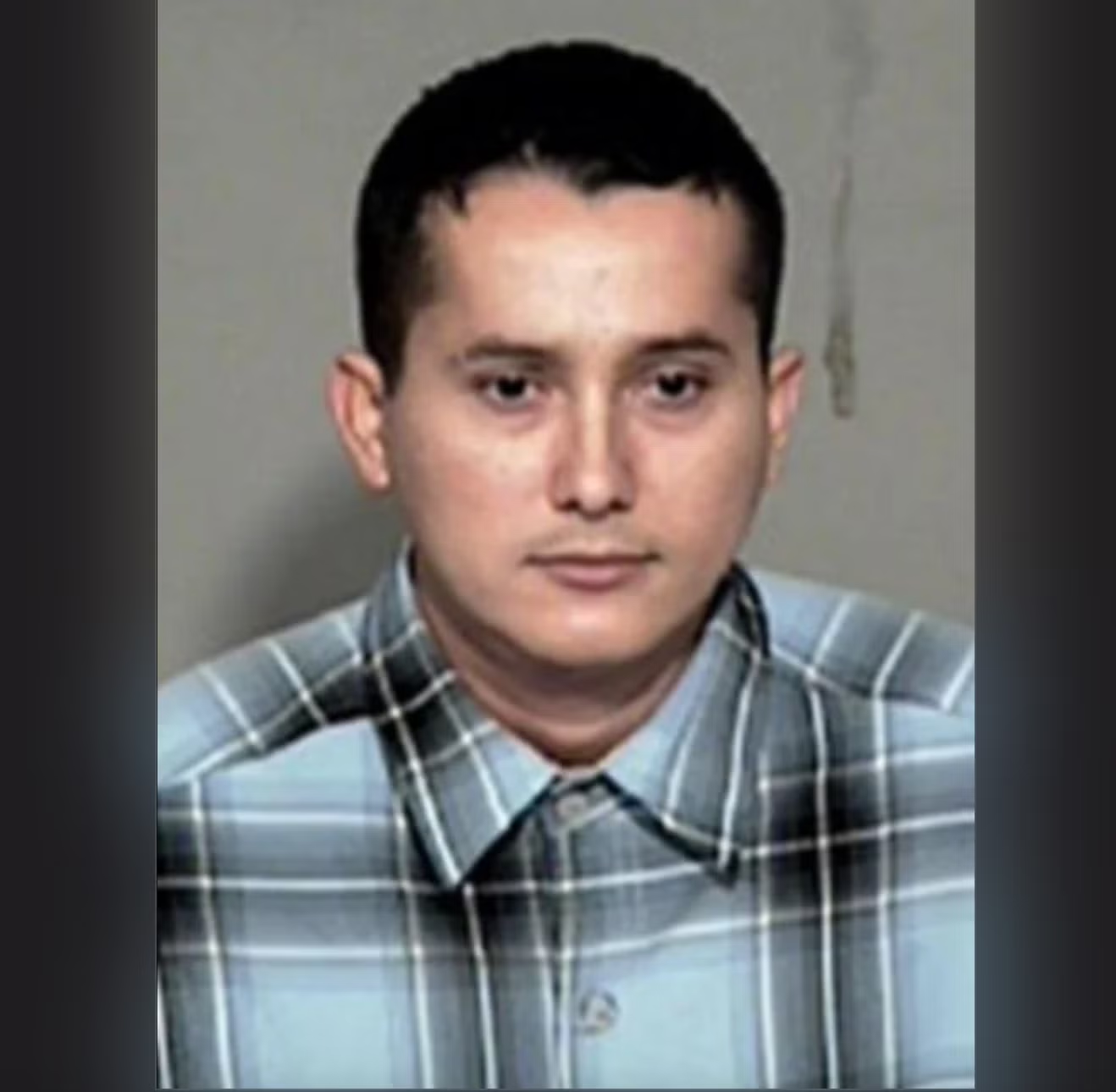Rachel Wisniewski, 34-Year-Old Reading Photojournalist and Mental Health Advocate, Dies by Suicide — Pennsylvania Community Reels as Her Death Amplifies National Mental Health Crisis
Reading, PA — June 5, 2025 — Rachel Wisniewski, a deeply admired photojournalist, mental health advocate, and beloved resident of Reading, Pennsylvania, died by suicide on Sunday, June 1, 2025, at the age of 34. Her tragic and untimely passing has sent waves of shock and grief through the community she served so passionately, leaving friends, family, and colleagues in mourning while also shedding harsh light on the urgent and ongoing mental health crisis affecting millions across the country.
Rachel’s death is a heartbreaking loss of a gifted artist and compassionate soul who devoted her life to telling the stories of others, especially those often left on the margins. Through her camera lens and her activism, she humanized those whose struggles might otherwise have remained invisible. In her absence, those who loved her are left not only with deep sorrow, but with a mission: to continue her advocacy and push harder for a world where mental health care is prioritized and no one suffers in silence.
A Bright Light in Her Community
Rachel was known throughout Reading as someone who lit up a room with her quiet strength, radiant warmth, and fierce integrity. She approached the world with empathy and sensitivity, qualities that defined both her personal relationships and her professional work. Friends describe her as someone who remembered everyone’s birthdays, sent handwritten notes just because, and always asked how you were doing—and truly meant it.
Born and raised in Berks County, Rachel discovered a love for photography in her teenage years. What began as a hobby quickly evolved into a calling. She studied visual storytelling and journalism, later going on to work as a freelance photojournalist for regional and national publications. Her work centered on real people, real lives—often raw, sometimes painful, always deeply human.
Whether she was capturing the resilience of frontline workers during the COVID-19 pandemic, chronicling community efforts to fight food insecurity, or working quietly on personal projects about trauma and healing, Rachel was committed to documenting truth with dignity. Her images didn’t just tell stories—they invited you to feel them.
Her portfolio earned her professional acclaim, but Rachel always eschewed the spotlight. She never saw her subjects as “content”; she saw them as people. In interviews and conversations, she spoke passionately about the ethical responsibility of storytelling. She believed that photographers could—and should—be allies to their subjects, not observers.
Champion of Vulnerable Voices
In addition to her artistry, Rachel was known for her unwavering advocacy for mental health awareness. She often used her platform to speak candidly about her own experiences with depression and anxiety—sharing reflections not for sympathy, but to normalize these struggles and make others feel less alone.
Rachel had a rare ability to talk about difficult topics with honesty and grace. She hosted photo exhibits tied to mental health themes, led community workshops about trauma-informed storytelling, and collaborated with local nonprofits to destigmatize mental illness. One of her ongoing projects involved interviewing and photographing people living with chronic mental health conditions—highlighting their strength, their stories, and their humanity.
Through these efforts, Rachel helped start conversations that many were too afraid to begin. She made people feel seen—both in front of her camera and in her daily interactions. To many, she was a listener, a friend, and often, a lifeline.
A Silent Battle Behind the Lens
Despite her outward calm and the joy she brought to others, Rachel lived with an internal struggle that even those closest to her sometimes found difficult to grasp. She spoke openly about her mental health, but like so many who are deeply empathetic and sensitive, she often put others’ needs ahead of her own.
Friends recall that while Rachel offered comfort to everyone around her, she rarely allowed herself the same grace. She worried about burdening others. She kept busy. She poured herself into her work and advocacy. Behind the calm exterior, there were moments of despair, fatigue, and self-doubt that she fought quietly.
Her death has left many asking the painful question that echoes in the wake of suicide: Why? Why someone so full of light, so deeply loved, could reach such a dark place? The truth is that mental illness does not discriminate. It does not always look like suffering. Sometimes it looks like compassion. Like laughter. Like a friend who never misses a call. Like Rachel.
Her passing is a tragic reminder that even those who seem “okay” may be struggling deeply. It is a call to check on one another, to ask harder questions, and to dismantle the silence that still surrounds mental health.
A Community in Mourning
The reaction from the Reading community has been overwhelming. On Monday evening, more than 200 people gathered at a candlelight vigil in City Park to remember Rachel. Speakers included former colleagues, family members, and community leaders, all of whom shared stories that painted a picture of a woman who gave her all to others.
In front of a small stage filled with photographs Rachel had taken over the years, close friends spoke through tears about her generosity, her belief in people, and her relentless hope for a more just, compassionate world.
“She gave a voice to people who didn’t have one,” said Maya Johnson, a mental health counselor who collaborated with Rachel on community wellness programs. “She listened. She showed up. She made us feel like our stories mattered.”
“She always made time,” said another friend. “She had this way of making you feel like you were the most important person in the world. I just wish she had believed she was just as important.”
Beyond Grief: A Call to Action
Rachel’s death has prompted not only mourning but mobilization. Mental health organizations across Pennsylvania are calling for urgent systemic changes in the wake of her passing. Advocates are demanding increased funding for community mental health services, the hiring of more culturally competent therapists, and the expansion of crisis response systems that don’t rely on law enforcement.
A group of Rachel’s friends and collaborators has launched the Rachel Wisniewski Memorial Fund for Creative Wellness, which will provide financial support to photojournalists and creatives navigating mental health challenges. Plans are also underway for a traveling exhibition of Rachel’s work, focused on healing, vulnerability, and community resilience.
Local officials have pledged to take action. City Councilwoman Elena Morales, who had previously worked with Rachel on youth mental health initiatives, announced a forthcoming proposal to designate June as Mental Health Awareness and Creative Healing Month in Rachel’s honor.
Her Legacy Lives On
Though her life was cut tragically short, Rachel Wisniewski leaves behind a legacy that continues to grow. Her photographs live on in newspapers, art galleries, and private homes. Her words echo in the minds of those she mentored. Her love lives in the hearts of everyone she touched.
She taught us how to see—to truly see—each other. She reminded us that vulnerability is strength. That art can be activism. That empathy is a revolutionary act. Her absence is a devastating loss, but her spirit remains a guidepost for those working to create a kinder, more inclusive world.
Final Words
Rachel is survived by her parents, Anne and Robert Wisniewski of Reading; her sister, Emily Wisniewski of Philadelphia; and a wide circle of friends, colleagues, and chosen family across the country. They ask for privacy as they grieve but have expressed deep appreciation for the outpouring of love and support.
A public memorial service is planned for Saturday, June 8, at the Reading Public Museum. All are welcome to attend and share in celebrating a life lived with deep purpose, boundless empathy, and enduring beauty.
In her honor, the family encourages donations to the National Alliance on Mental Illness (NAMI) or local mental health organizations serving the Reading community.
If you or someone you know is struggling, please reach out for help. You are not alone. The Suicide & Crisis Lifeline is available 24/7 at 988.
“She told the stories that mattered. Now, it’s up to us to tell hers—with love, with truth, and with the same courage she showed every day.”




